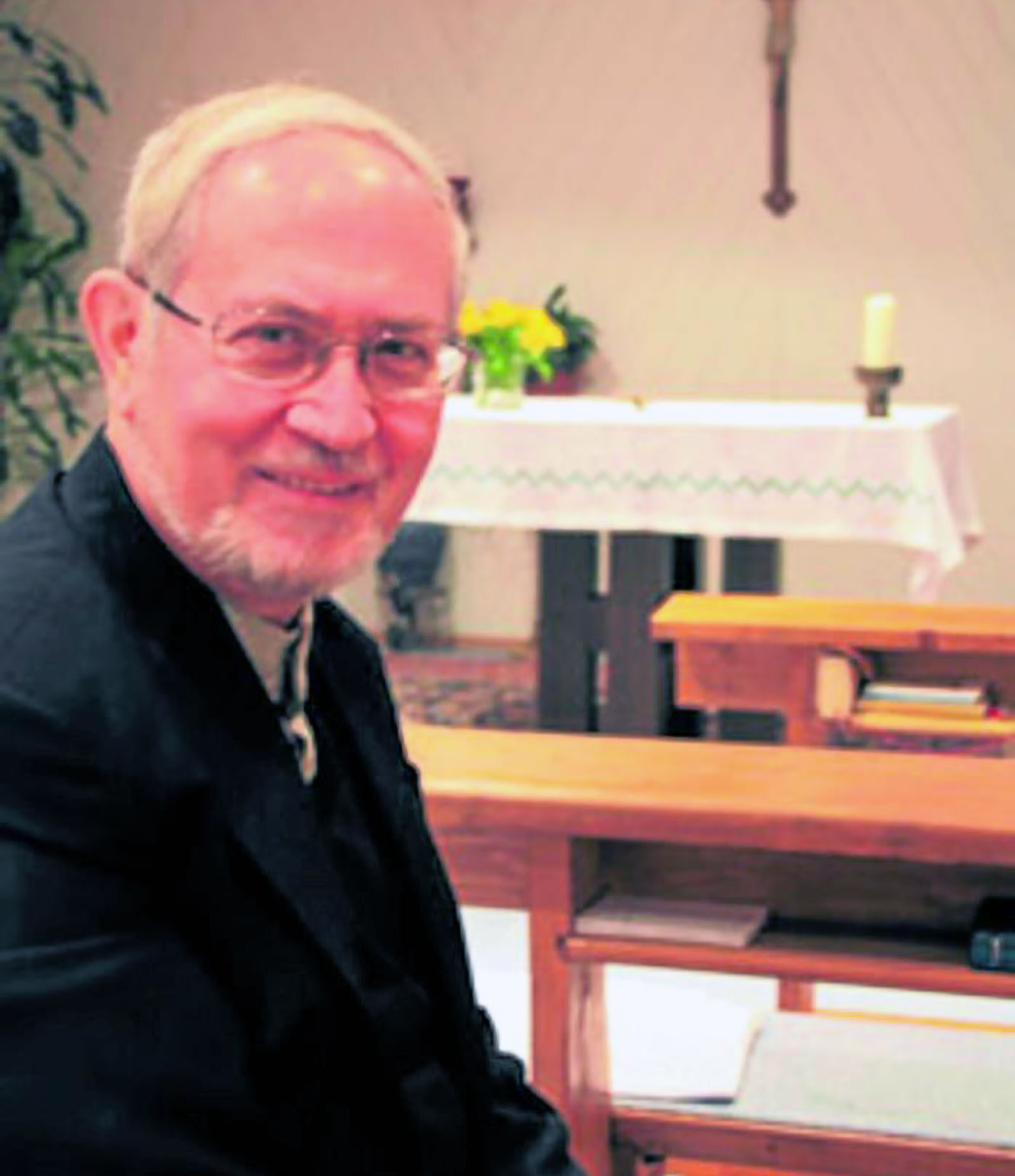CBCP honoring Italian priest for Mindanao peacebuilding

Fr. Sebastiano D’Ambra —photo from https://silsilahdialogue.com/
MANILA, Philippines — The Catholic Bishops’ Conference of the Philippines (CBCP) on Friday said it will confer its highest award on an Italian priest whom the group calls “a leading figure in interreligious dialogue” in Mindanao.
In a statement on the CBCP’s website, the group’s secretary general Msgr. Bernardo Pantin said the bishops will confer on Fr. Sebastiano D’Ambra the Bishop Jorge Barlin Golden Cross—the group’s highest distinction, named after the 19th-century Catholic leader and the country’s first Filipino bishop.
D’Ambra, 82, has been based in Mindanao for almost 50 years now, but his stay has been interrupted time and again by threats to his life.
READ: Fr. Picardal, peace advocate and critic of Duterte’s EJK, dies at 69
When he first arrived in Zamboanga City in 1977, the government had just entered into the 1976 Tripoli Agreement with the Moro National Liberation Front, although tensions from that group’s secessionist movement remained. This was also the height of the martial law regime.
Article continues after this advertisementD’Ambra was, at that time, a missionary priest of the Pontifical Institute for Foreign Missions (Pime), the Rome-based missionary group founded in 1850.
Article continues after this advertisementWitnessing Muslim-Christian tensions, he preached peaceful coexistence, aided Muslim Filipino refugees fleeing from military operations, and even served as a local peace negotiator between the military and Moro rebels.
After escaping assassination, he was ordered back to Italy by his superior, but returned in 1983 as Pime regional superior. The next year, he and a group of Muslim and Christian friends founded the Silsilah Dialogue Movement in Zamboanga City.
Link, connection
D’Ambra named that group after the Arabic word for chain, link or connection. According to its website, Silsilah “envisions a life-in-dialogue for all Muslims, Christians, and peoples of other living faiths in respect, trust and love for one another, and moving together towards an experience of harmony, solidarity and peace.”
Violence against Silsilah perpetrated by Islamic extremists in the early 1990s led to a second recall to Italy. But D’Ambra would later return to the Philippines to continue his mission.
His Silsilah movement has won such international awards as the Goi Peace Award from Japan’s Goi Peace Foundation in 2013 and the World Interfaith Harmony Week Award (also called the King Abdullah II of Jordan Prize) the next year.
Silsilah also led to the creation of the Emmaus Dialogue Community (EDC) in 1987 and the Emmaus College of Theology (ECT) in 2020.
EDC is another group promoting interreligious dialogue, while ECT is an institution where Catholic youths are able to interact with other cultures and religions.
‘Service, ideals’
D’Ambra had also served the CBCP as the first executive secretary of its Episcopal Commission on Interreligious Dialogue upon its establishment in 1990. He served that post “for many years,” the CBCP said.
Pantin said the Golden Cross is in recognition of the Italian priest’s “outstanding and generous service” to the Church, “exemplifying the ideals” of Barlin.
He will be formally conferred that award during the CBCP’s 128th plenary assembly in July.